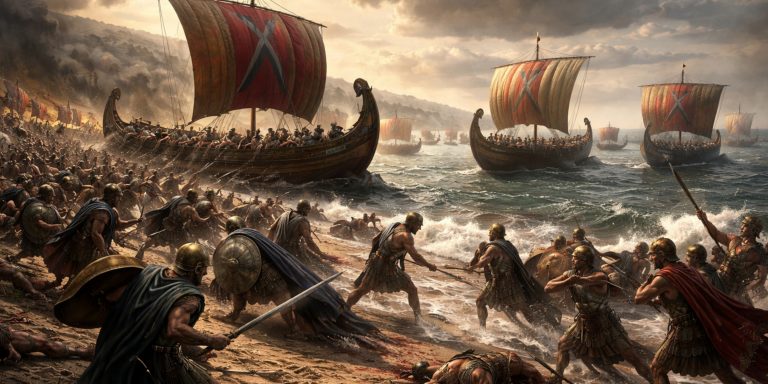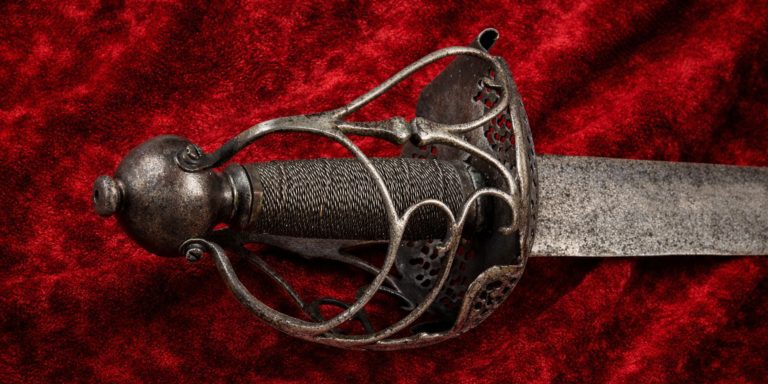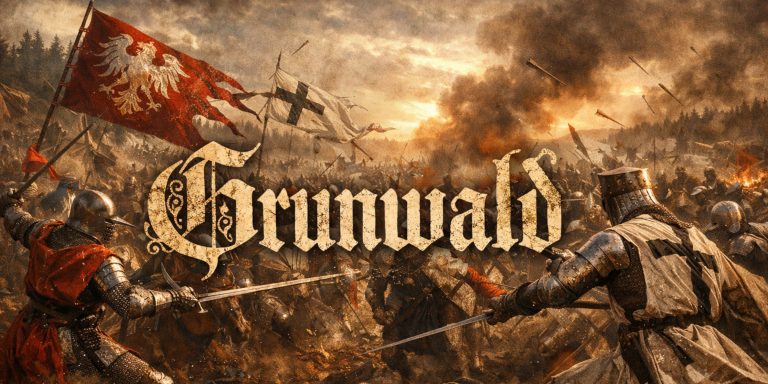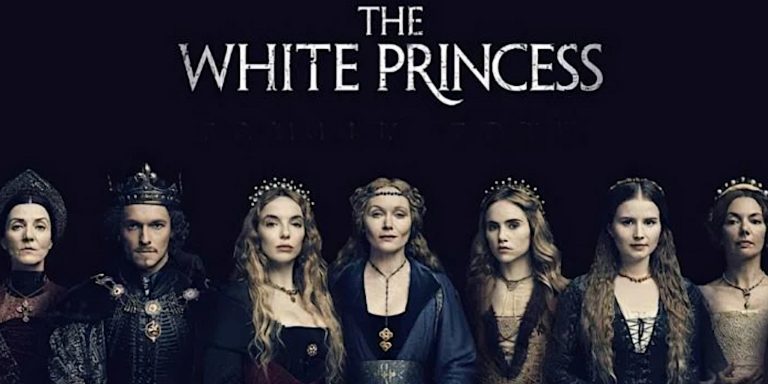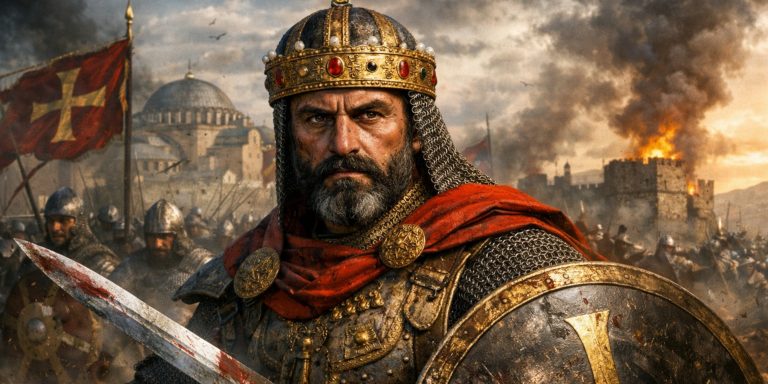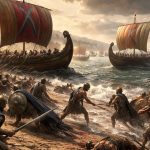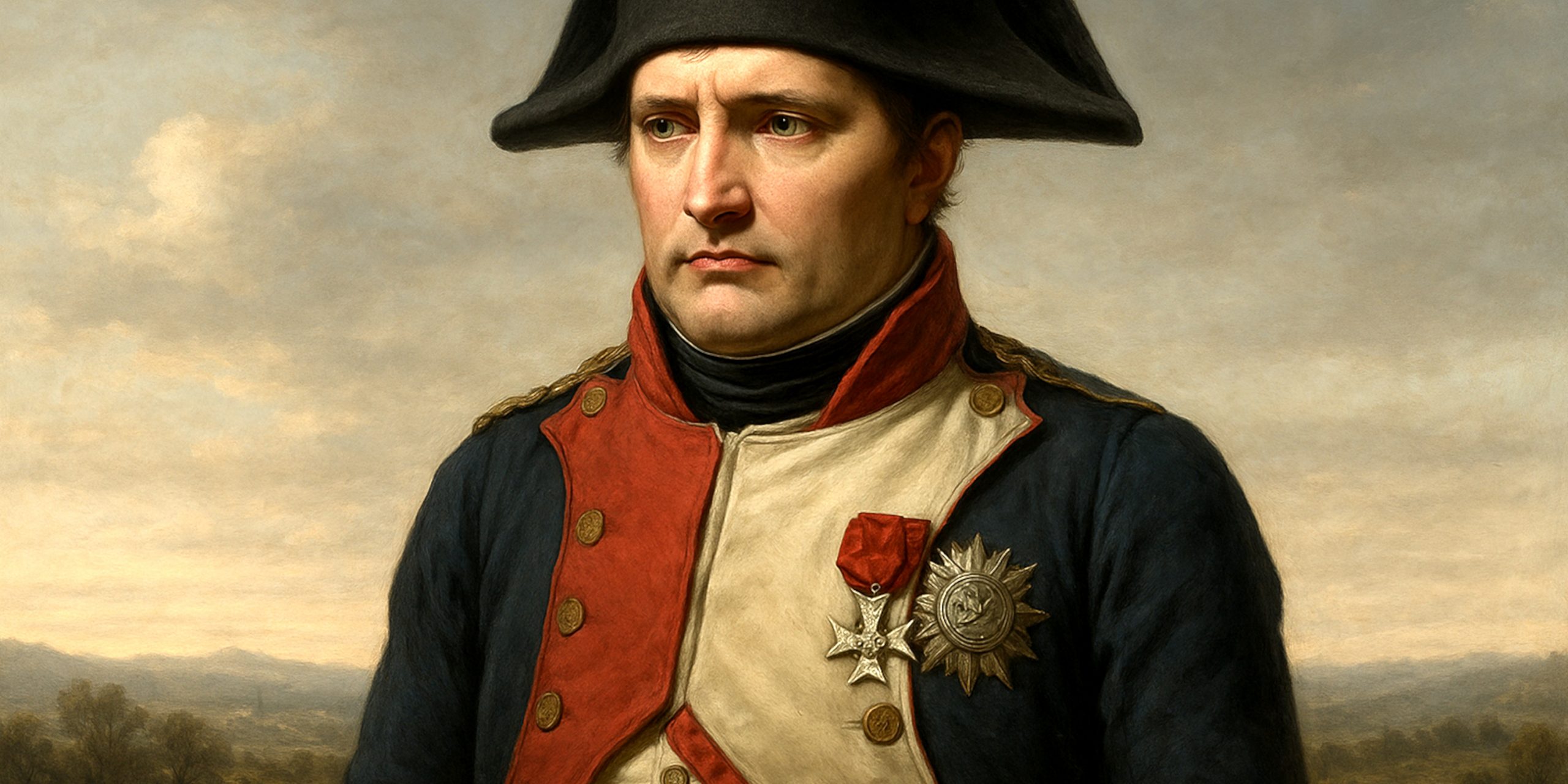
Few figures in history are as endlessly debated as Napoleon Bonaparte. Depending on who you ask, he was either Europe’s greatest military genius or an egomaniac who drowned the continent in blood. Both views contain slivers of truth, but as with most towering historical figures, the reality is far more complicated. Let’s separate the myths from the verifiable facts and dig into what really made Napoleon tick.
7 Facts About Napoleon Bonaparte
1. He Was Not Actually French by Birth
Napoleon was born in 1769 on the island of Corsica, which had only recently been annexed by France. His first language was Italian, and he spoke French with a thick accent throughout his life. Technically, he was almost Genoese by heritage, yet he would go on to become the face of French ambition. That’s irony on an imperial scale.
2. He Rose to Power Through the Chaos of Revolution
Far from being born into wealth, Napoleon’s rise came through sheer ability and ruthless timing. He capitalised on the French Revolution’s political vacuum, becoming a general at just 24. His early victories in Italy turned him into a national hero, and by 1799, he staged a coup to become First Consul. That’s one way to climb the career ladder.
3. He Was a Master of Logistics as Well as Strategy
Napoleon’s genius went beyond battlefield tactics. His armies moved faster than his enemies because he understood supply lines better than anyone. He organised corps that could fight independently or together, a system still studied in military academies today. The modern idea of the “operational level of war” owes much to his campaigns.
4. He Reformed France Beyond the Battlefield
Napoleon’s legacy was not only martial. He introduced the Napoleonic Code, a legal framework that influenced civil law across Europe and beyond. He restructured education, established the Bank of France, and modernised infrastructure. For all his ambition, he genuinely believed he was bringing order out of chaos.
5. He Was Obsessed With Control
Napoleon micromanaged everything from troop deployments to the exact wording of newspaper articles. His correspondence ran into the tens of thousands of letters. Some of this obsession was genius; some of it, insecurity. He didn’t just want to rule France, he wanted to shape how history remembered him.
6. He Was Not Defeated Until Europe United Against Him
It took an unprecedented alliance of Britain, Prussia, Austria, Russia, and others to finally bring him down. Even after his disastrous Russian campaign, he rebuilt his army and nearly pulled off another miracle in 1814. The fact that half of Europe had to team up twice to defeat him speaks volumes.
7. His Final Years Were Miserable
Exiled to the remote island of Saint Helena after Waterloo, Napoleon spent his last years dictating memoirs, rewriting his own legend, and bickering with his British jailers. The world had moved on, but he never did. He died in 1821, likely from stomach cancer, though conspiracy theories about poisoning persist.
7 Myths About Napoleon Bonaparte
1. He Was Extremely Short
This is the most enduring myth. Napoleon was around 5 feet 6 or 7 inches tall, perfectly average for his time. Confusion arose from the difference between French and British measurements and a good dose of British propaganda. The “little corporal” nickname was affectionate, not literal.
2. He Always Wore His Hand in His Coat Because of Ego
That iconic pose wasn’t about arrogance. It was a common 18th-century stance used in portraiture to convey calm dignity. The idea that he did it to seem mysterious or commanding says more about how later generations projected their own ideas onto him.
3. He Crowned Himself Emperor Out of Pure Vanity
Napoleon’s self-coronation in 1804 certainly looked egotistical, taking the crown from the Pope and placing it on his own head, but it was also symbolic. It represented the supremacy of state over church and merit over birthright. He wanted to be seen as the self-made man who made France great again, not a puppet of religion.
4. He Was a Bloodthirsty Tyrant Who Loved War
He waged war constantly, yes, but not always by choice. Most European powers wanted to crush revolutionary France and its ideals. Napoleon often fought preemptively or defensively, at least early on. His later campaigns, like the invasion of Russia, were undeniably reckless, but they came from desperation, not bloodlust.
5. He Destroyed France
Despite the wars, Napoleon left France stronger institutionally than he found it. His administrative reforms survived his downfall, shaping modern France. The nation’s borders may have shrunk, but its institutions,education, law, and central government, remained far more coherent.
6. He Was Defeated by the Harsh Russian Winter Alone
The Russian campaign of 1812 is often reduced to “he lost because it was cold.” That’s lazy history. The real culprit was logistics: stretched supply lines, scorched earth tactics, disease, and overconfidence. The winter merely finished what poor planning began.
7. He Was Irredeemably Arrogant and Unfeeling
He was certainly proud, but Napoleon was also capable of deep loyalty and emotion. His letters to Joséphine show genuine affection (and jealousy), and he cared for his soldiers more than most monarchs of his age. His charisma was real, his flaws human, and his contradictions timeless.
The Seven Swords Takeaway
As a historian, I’ve always found Napoleon fascinating not because he was perfect, but because he was painfully human in his ambitions. He was brilliant, flawed, vain, visionary, and, like most people who change history, never quite aware when his time had passed.
He reshaped Europe, inspired legal systems, and taught future leaders both what to do and what to avoid. Love him or loathe him, Napoleon remains proof that one person’s willpower can bend the world, at least for a while.
Watch the documentary:

